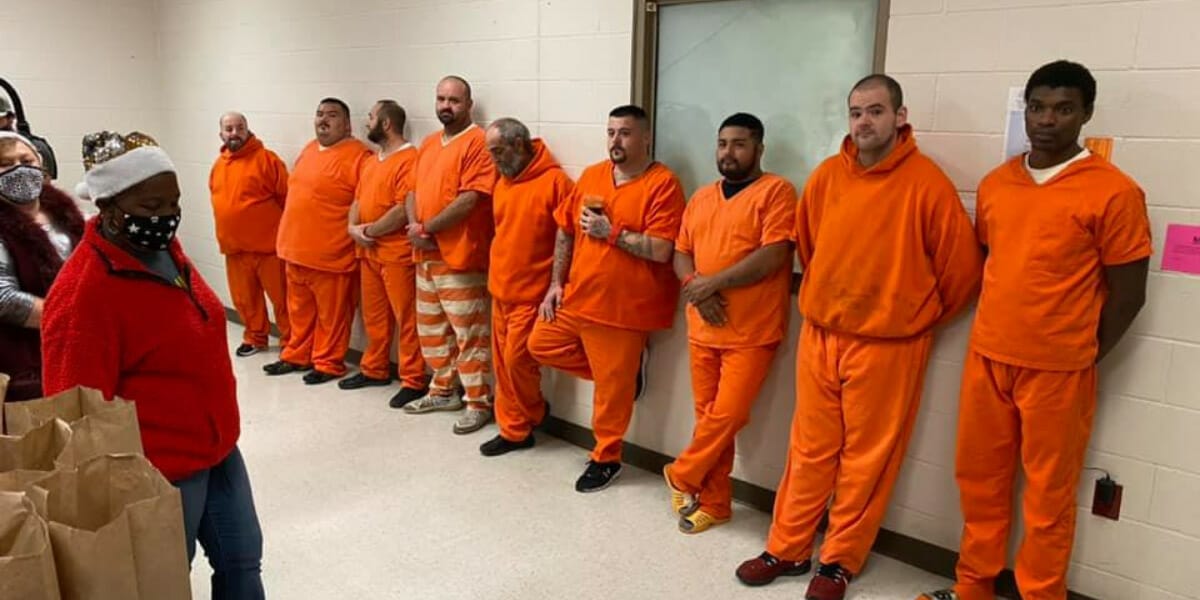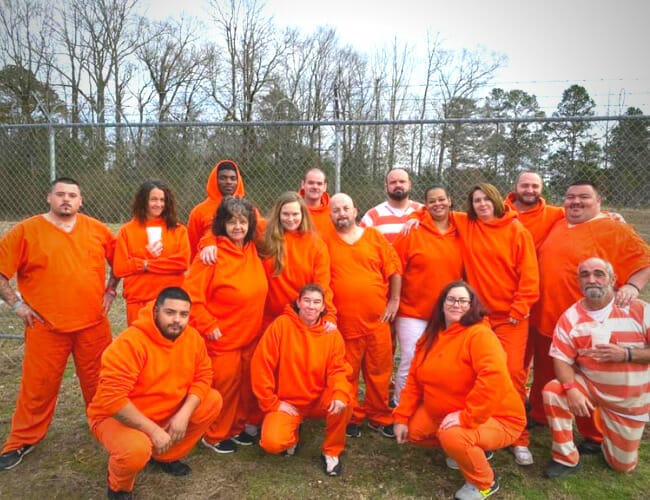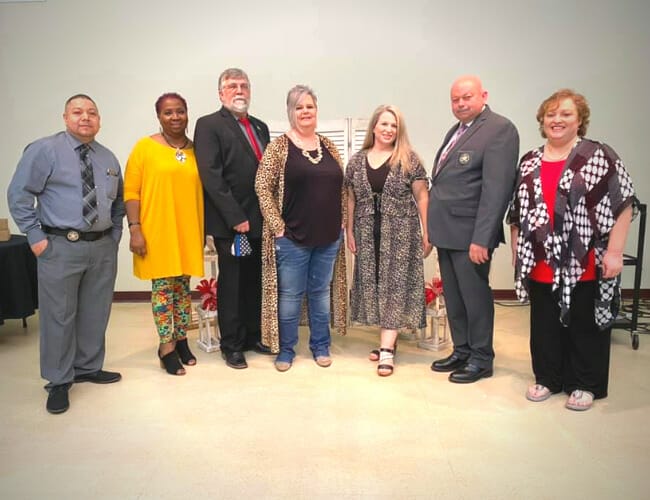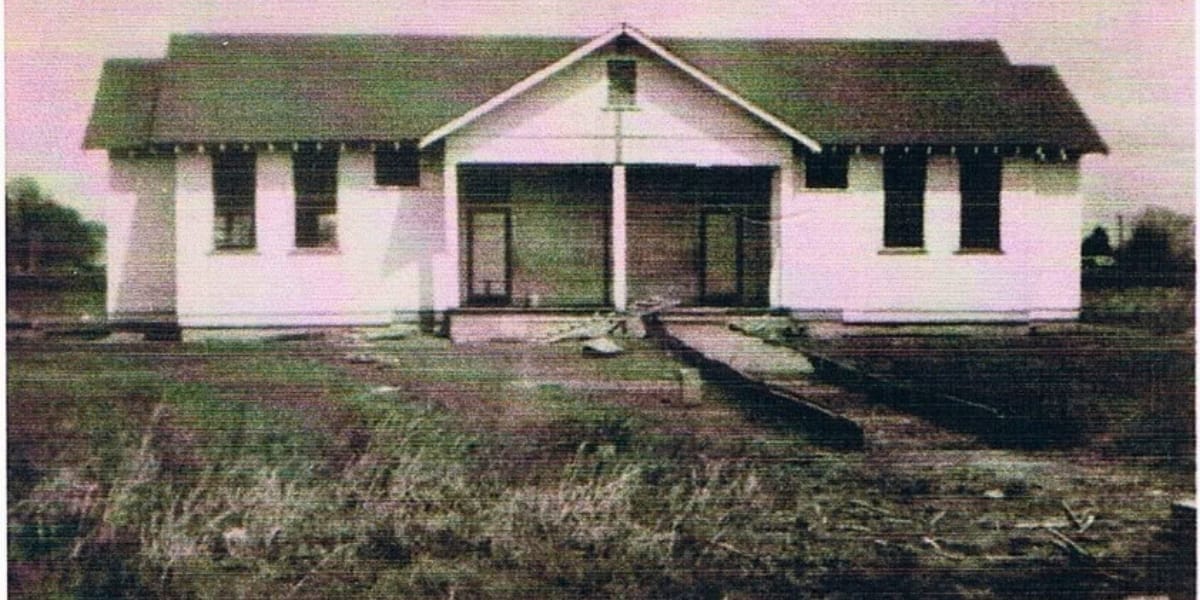

Uh oh...
It appears that you're using a severely outdated version of Safari on Windows. Many features won't work correctly, and functionality can't be guaranteed. Please try viewing this website in Edge, Mozilla, Chrome, or another modern browser. Sorry for any inconvenience this may have caused!
Read More about this safari issue.

August 25 is a much-anticipated date for residents of Sevier County when Addicted Behind Bars | The Program: Prison Detox, a new docuseries, airs the first three episodes on Discovery+. The documentary captures the real-life experiences of drug addicts and inmates in the Sevier County jail completing the Resident Substance Abuse Training Program (RSAT). The Program follows the process as inmates screen for the program that can keep them out of arduous prison sentences. It includes a rigorous series of courses aimed toward rehabilitation and breaking a cycle versus simply serving a sentence.

The RSAT program completed its 14th round, hosting four cycles annually, focusing on breaking the addiction’s multi-generational cycle. Sevier County Sheriff Robert Gentry knew something had to change. “Growing up here was like living in Mayberry. That is until drugs, specifically methamphetamines, showed up.” Gentry shared his observations when he took office in 2016. “I had been a patrolman, deputy and served on the special investigation drug task force. I had arrested grandfathers, fathers, sons and even grandsons. Our patrolmen were making stops at the same residences; I knew something had to change.”
Beginning Change
With a community college in town, education seemed to be easy access and a quick first step. Gentry reached out to the Arkansas Department of Corrections office seeking grant money to purchase computers for the GED courses that UA Cossatot agreed to teach through their Adult Education program. While finding grant resources, the jail standards office asked a pivotal question, “Why are you not applying for the Substance Abuse Education (SAE) grants?” The Sevier County team knew nothing about the grant or how to apply.
A door opened for application, and the team’s program was selected in the first round. In August 2017, the Sevier County RSAT program launched its first cycle of education. “It took all the pieces coming together,” shared Lynette Gilmore, substance abuse counselor and program coordinator. “We want to see people released from addiction. We know all people deserve another chance and believe that education and development will bring change.”
The Program
The Sevier County RSAT program uses the Matrix Model, an evidence-based protocol curriculum for cocaine and methamphetamine addicts. The RSAT program combines mindset training, “Bridges to Poverty” and “Getting Ahead While Getting Out” courses and classroom sessions that focus on understanding four core vulnerabilities:
- Biological Vulnerability – does your genetic makeup make you susceptible to addiction?
- Psychological Liability – what is the real root of your addiction?
- Social Context – are there situations to avoid that serve as triggers?
- Spiritual Emptiness – is there something else missing that substance cannot fulfill?
The RSAT program in Sevier County is a 90-day intensive in-jail program coupled with a nine-month aftercare program where released inmates are supported through their reentry. Weekly meetings include access to GED Courses, Anger Management, Celebrate Recovery meetings, Step Studies, Narcotics Anonymous, Alcoholics Anonymous, Authentic Manhood and Hannah’s Gift. Many of these same meetings are started in jail and extend through the first year of recovery. At the end of the nine-month aftercare program, participants graduate at a banquet celebrating their courage, bravery and behavior change.
As a drug crisis plagues our country, Sevier County has taken the initiative to change its story and rewrite the future of its community.
Outcomes
When Sheriff Gentry said yes to opening programs and services denied in the jail and Jail Administrator Chris Wolcott built a team of recovery professionals, a community began to change. But, it also took a key player, local Prosecutor Erin Hunter. Hunter is the cog that makes the program work. Her vulnerability to read the opportunity in convicted felons allows them to take a chance in recovery through the RSAT program before a more substantial prison sentence. It is not a guarantee that change will happen, and she doesn’t always offer the RSAT way, but after presenting the opportunity to victims and their families, the decision is made for entry into the program. The District Court office makes decisions for misdemeanor offenses and can offer access or deny program entry.
The ultimate measure of success is progress. It is hard to just look at facts of re-offense numbers or admissions to the program. The accurate measurement of success is healed families, changed patterns of behavior and recovered lives.

The Future
In 2021, a Community Outreach Center opened that allows community members to the same resources, courses, mindset training and counseling. The center was phase 2 for the growth and development of a community, changing a reputation and healing families. A third phase is in the vision stage, where the Community Outreach Center would move to a space that could intake people immediately as they seek treatment before a jail sentence.
There is high interest in what this community is doing to wage war on the opioid and substance abuse epidemic. It’s a faith-based, no-nonsense, intensive program that digs at the root of addiction problems. And it seeks to resolve lifelong wounds in the process of healing addictive behaviors.
For more information on the show, visit discoveryplus.com.
All Images provided by – Sevier County Detention Center Programs and Services RSAT.
Join the Conversation
Leave a Comment
One response to “The Program – Discovery+ Inside Look Behind Bars in Sevier County”
 Leave a Reply
Leave a Reply
We do the work.
You check your email.
Sign up for our weekly e-news.
Get stories sent straight to your inbox!












 Leave a Reply
Leave a Reply
Good job, Keisha! <3